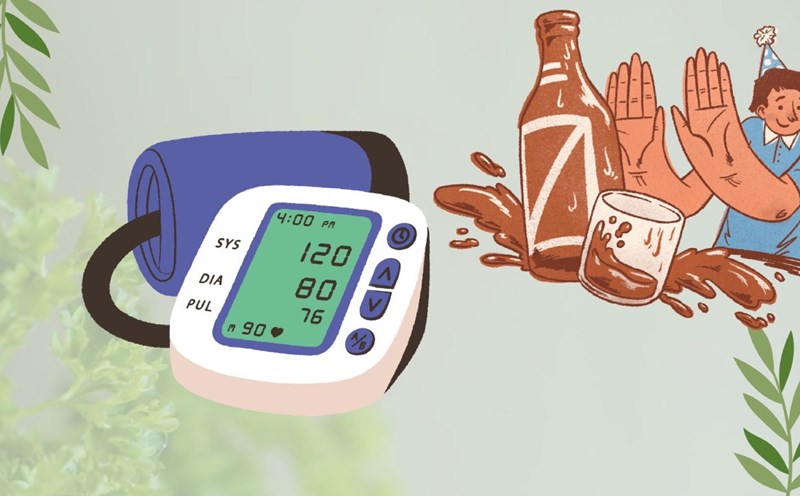Potatoes are a starchy vegetable that also provides many minerals and micronutrients, especially potassium. Potassium is known as a mineral that helps dilate blood vessels and excrete sodium through urine, which can help lower blood pressure.
Therefore, in theory, if you eat potatoes reasonably, without adding a lot of salt, without frying a lot of oil, then increasing potassium from potatoes can have a positive impact on blood pressure.
Eating potatoes can contribute to increasing potassium levels - a good factor for blood pressure - but there is no strong evidence that eating a lot of potatoes will lead to a significant or certain reduction in blood pressure.
In addition, eating potatoes helps reduce blood pressure, which also depends a lot on how potatoes are prepared. Accordingly, boiled, steamed, baked potatoes without much salt/ oil are better choices. French fries, processed potatoes with a lot of salt, butter, and cheese can be counterproductive. Because salt and saturated fat can increase blood pressure.
Potatoes should be considered part of a healthy overall diet. That is, eat more other vegetables and fruits, reduce salt, control weight, and exercise regularly. Potatoes should not be considered the only way to lower blood pressure.
If you are suffering from high blood pressure or are taking medication, consult your doctor or nutritionist before switching to a potato-rich diet.
Although there is not enough evidence to confirm that eating a lot of potatoes will directly and strongly reduce blood pressure, if you want to eat potatoes to support blood pressure health, choose a healthy cooking method and combine it with a reasonable diet and lifestyle.











